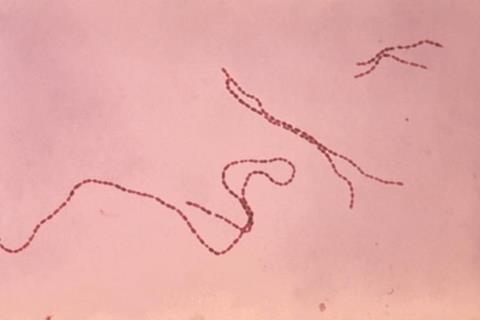End-stage liver disease is associated with disruptions in gut microbiota composition and function, which may facilitate gut-to-liver bacterial translocation, impacting liver graft integrity and clinical outcomes following liver transplantation.

A new study published in Journal of Clinical and Translational Hepatology aimed to assess the impact of two liver graft preservation methods on fecal microbiota and changes in fecal and breath organic acids following liver transplantation.
This single-center, non-randomized prospective pilot study enrolled liver transplant patients whose grafts were preserved using either static cold storage or ex situ normothermic machine perfusion (NMP). Fresh stool and breath samples were collected immediately before surgery and at postoperative months 3, 6, and 12. Stool microbiota was profiled via 16S rRNA gene sequencing, stool short-chain fatty acids were measured using gas chromatography/-mass spectrometry, and breath volatile organic compounds (VOCs) were analyzed with selected-ion flow-tube mass spectrometry.
Loss of microbiota diversity
Both cohorts experienced a loss of microbiota diversity and dominance by single taxa. The NMP cohort demonstrated enrichment of several beneficial gut taxa, while the static cold storage cohort showed depletion of such taxa. Various gut bacteria were found to correlate with stool short-chain fatty acids (e.g., lactic acid, butyric acid) and several VOCs.
READ MORE: ‘Unhealthy’ gut microbiome patterns linked to heightened risk of death after organ transplant
READ MORE: Microbiome insights found in faeces help predict infections in liver transplant patients
Fecal microbiota alterations associated with end-stage liver disease do not fully normalize to a healthy control profile following liver transplantation.
However, notable differences in microbiota composition and function were observed between liver graft preservation methods. Future research with larger randomized cohorts is needed to explore whether the NMP-associated shift in gut microbiota impacts clinical outcomes and if breath VOCs could serve as biomarkers of the clinical trajectory in liver transplant patients.







No comments yet